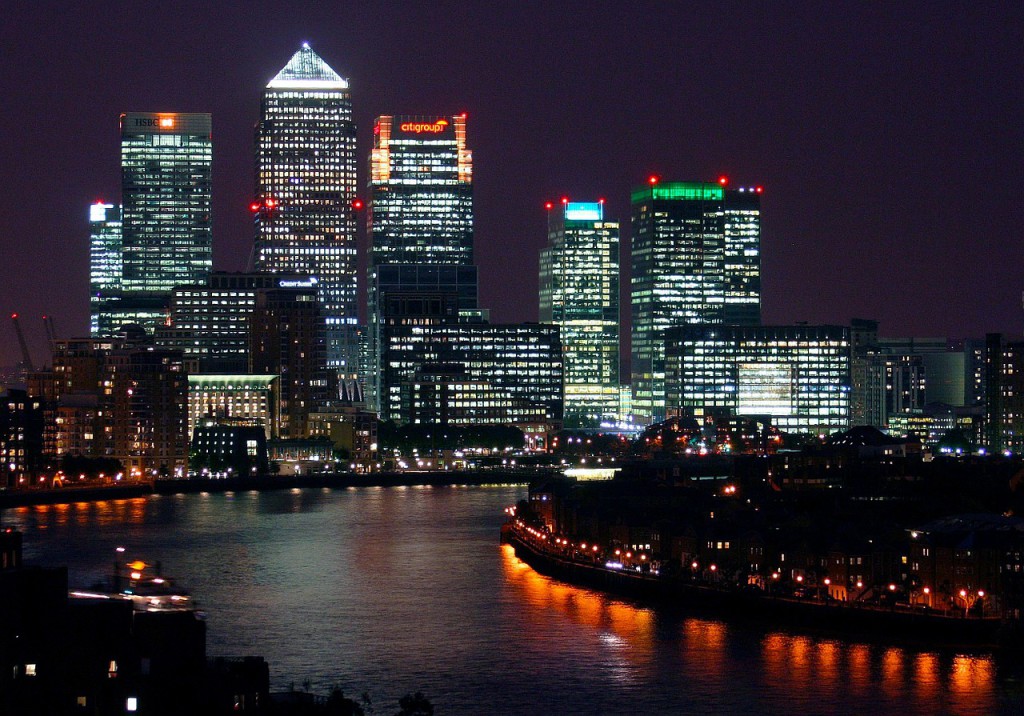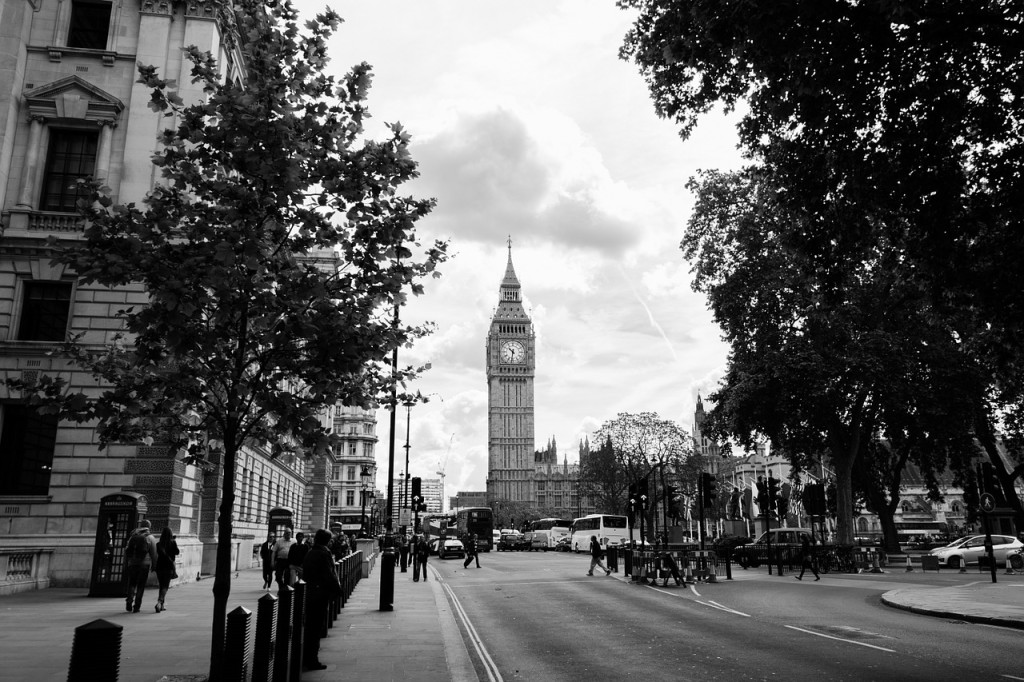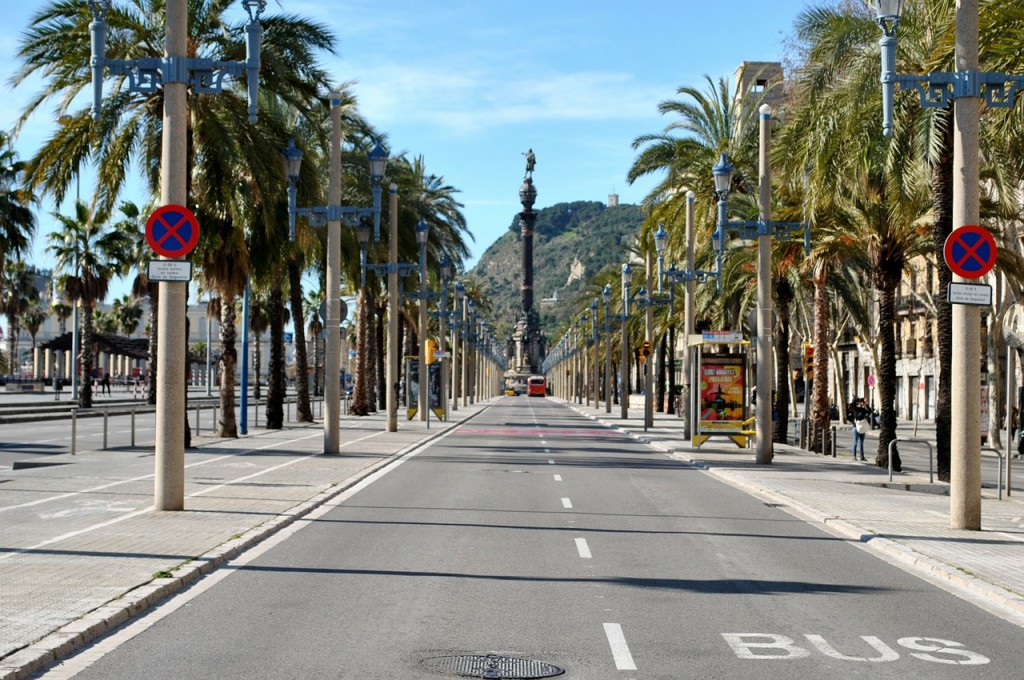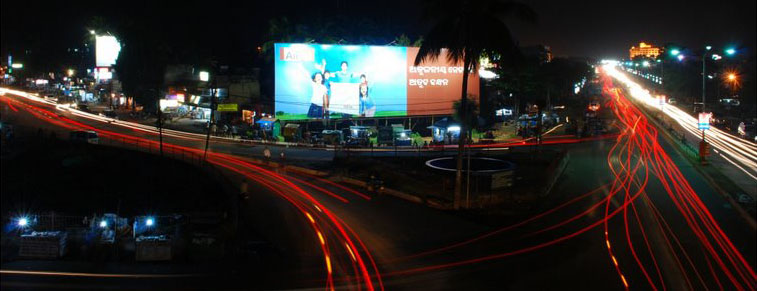Smart cities: Will they work in India?

The concept originated in 2008, when tech giant IBM started working on the concept as part of its initiative Smarter Planet. By the next year, countries like United Arab Emirates, China and South Korea were hooked to the idea investing huge funds for building smart cities that would provide best of overall infrastructure, communication and Information Technology.

London

London

Barcelona

Night view of Jayadev Vihar, Bhubaneswar. Bhubaneswar topped the list of twenty cities declared by India government recently under its ‘Smart Cities Mission’ project. Pic: wikipedia
There will be no fear of accidents with well-protected footpaths especially built for you. Every corner of your city will be secured by CCTVs. There will be no slum … everyone will have his own roof above his head, even the maid who works at your home.
All these and more, if Prime Minister Narendra Modi’s ambitious Smart Cities Mission in India actually turns out to be a reality.
As per the government’s Smart Cities website the core infrastructure elements in a smart city would include adequate water supply, assured electricity supply, sanitation, including solid waste management and efficient urban mobility and public transport.
Besides it will offer affordable housing, especially for the poor, robust IT connectivity and digitalization, good governance, especially e-governance and citizen participation, sustainable environment, safety and security of citizens, particularly women, children and the elderly, and better health and education.
What is smart city?
The concept originated in 2008, when tech giant IBM started working on the concept as part of its initiative Smarter Planet.
By the next year, countries like United Arab Emirates, China and South Korea were hooked to the idea investing huge funds for building smart cities that would provide best of overall infrastructure, communication and Information Technology.
World’s smart cities
The idea worked well in European countries and US and has failed in some parts of the globe. Last year, Barcelona became the ‘Global Smart City’, bypassing New York, London, Nice and Singapore.
According to Juniper Research, “the Spanish city performed well across subjects like smart grids and smart traffic management.”
The Amsterdam Smart City initiative, which started in 2009, now has 79 projects developed in collaboration by residents, government and businesses. Toronto is the highest rated smart city in North America.
In the Smart City of Santa Cruz, California, “local authorities analyse historical crime data in order to predict police requirements and maximise police presence where it is required”, according to Wikipedia.
In Finland’s southern capital Helsinki, the Smart City technology can be seen in its Mobility-as-a-Service initiative where one can buy a “mobility” ticket with all public and private transport options, via text message or app.
Presently, Singapore is all set to enter the Smart City mode.
What critics say
Critics say smart cities are likely to have an impact on our privacy and we never know our personal information is being tracked by the government and spy agencies.
“Living in a smart world also means that myriads of sensors constantly register and process our private data – whether it’s our daily commute or our shopping habits. So are we entering Utopia, or an Orwellian dystopia?” says The Engineering and Technology magazine (E&T).
In India, some have voiced their concern over this concept being a tool of social seclusion and exclusion.
They argued that the smart cities will favour the rich while putting unnecessary burden on the middle class and poor in the form of escalating real estate prices, land holding tax and water tax.
Citizens may have to pay more for electricity bill and several other civic amenities. However success or failure of any concept depends on its implementation by the government as well as the efforts of the residents.
While more than a half of 436 special economic zones (SEZs) in India are not still operational even after a decade of their formation, it remains to be seen how our cities become really smart a decade later.
(Big Wire team has contributed to this report)
Related links
London Tops the Ranking of the World’s “Smartest” Cities
World’s Top 7 Smart Cities Of 2015 Are Not The Ones You’d Expect
Smart Cities India 2016 exhibition and conference
Big Wire












































